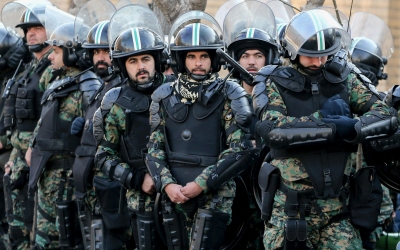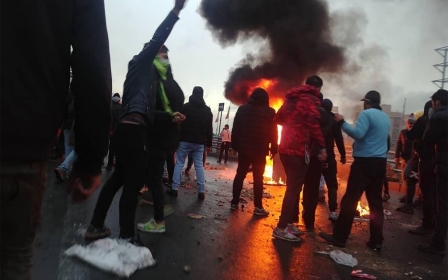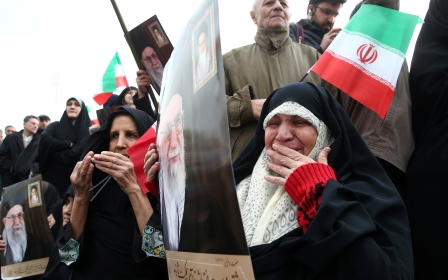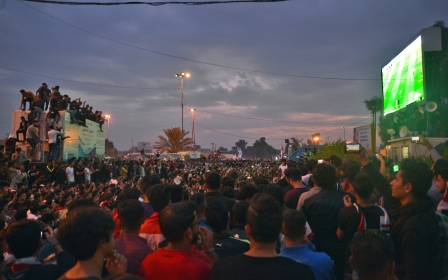Iran executes Kurdish prisoner despite pleas from rights groups
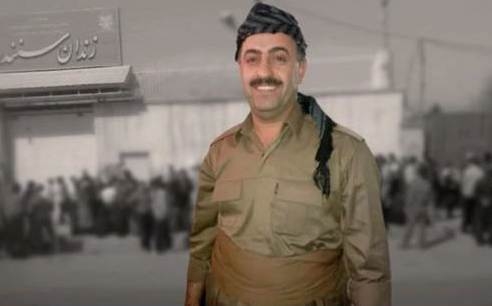
Iran has secretly executed a Kurdish political prisoner despite an outcry from activists and rights groups calling for a halt to the process, rights groups said Monday.
Heidar Ghorbani was executed on Sunday morning in Sanandaj prison in western Iran's Kurdistan province, the Oslo-based Iran Human Rights (IHR) NGO and Amnesty International said.
Tehran arrested 48-year-old Ghorbani in October 2016 over claims he was involved in the killing of three men associated with Iran’s Basij paramilitary forces.
Ghorbani, who the court acknowledged was never armed, was convicted in 2020 of providing transport and logistical support for the killings of the members of the volunteer militia which operates under the Iranian Revolutionary Guard Corps.
In September, UN human rights experts pleaded with Iran to repeal his death sentence over "serious concerns" that he did not receive a fair trial and was tortured during pre-trial detention.
New MEE newsletter: Jerusalem Dispatch
Sign up to get the latest insights and analysis on Israel-Palestine, alongside Turkey Unpacked and other MEE newsletters
'Confessions'
Amnesty International had previously raised concerns about his condition, following his appearance in a documentary broadcast in 2017 by an Iranian state-run English language channel about the killings.
Activists complain the Iranian state has broadcast "confessions" on state TV of convicts that had been obtained under torture.
Videos posted on social media showed crowds gathering on Sunday for a memorial ceremony for Ghorbani in his hometown of Kamyaran in western Iran, chanting "martyrs don't die".
Another widely-shared video purportedly showing his family reacting after receiving the sudden news of his execution showed scenes of uncontrolled grief.
Kurds account for roughly 10 percent of Iran’s population and are one of the largest non-Persian ethnic groups in the country, which includes small numbers of ethnic Balochis in Iran’s southeast, Arabs, and a larger number of Azeris.
Tehran in the past has targeted The Kurdistan Democratic Party of Iran (KDPI), a group seeking autonomy for Kurds in Iran, which is politically linked to offshoots of the Kurdistan Workers' Party (PKK).
In September, the country launched air strikes in Iraq to target the movement, which it says is a terrorist organisation.
Middle East Eye delivers independent and unrivalled coverage and analysis of the Middle East, North Africa and beyond. To learn more about republishing this content and the associated fees, please fill out this form. More about MEE can be found here.


